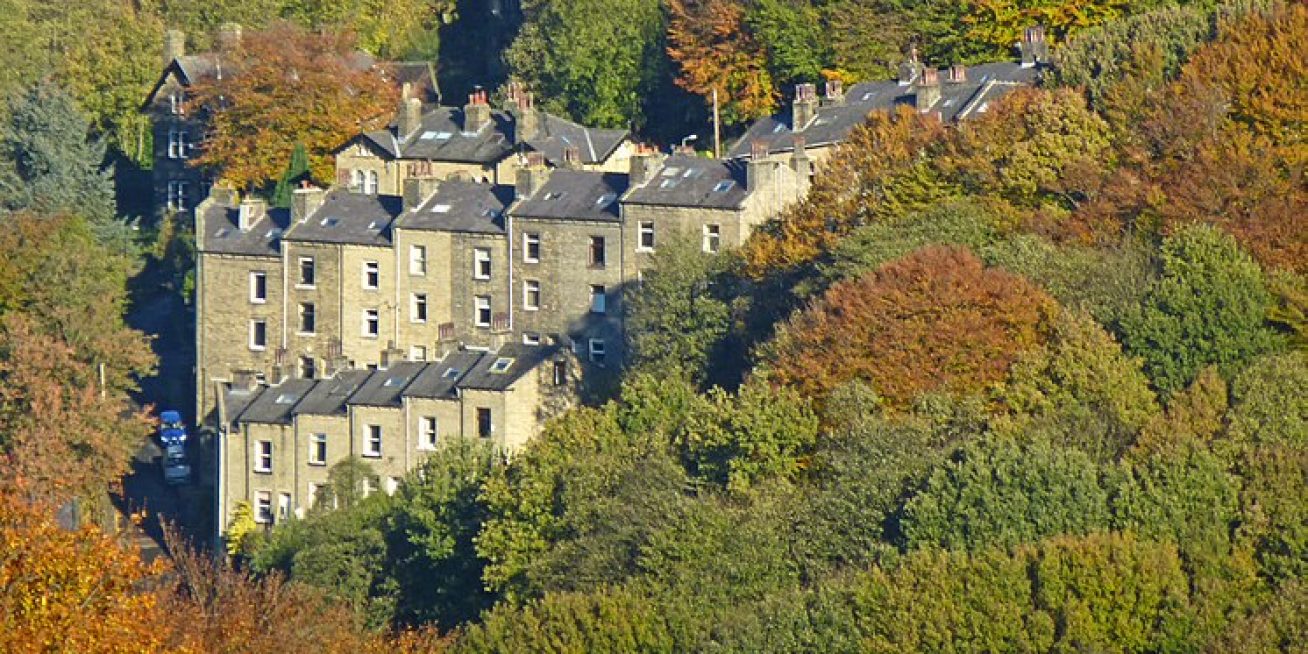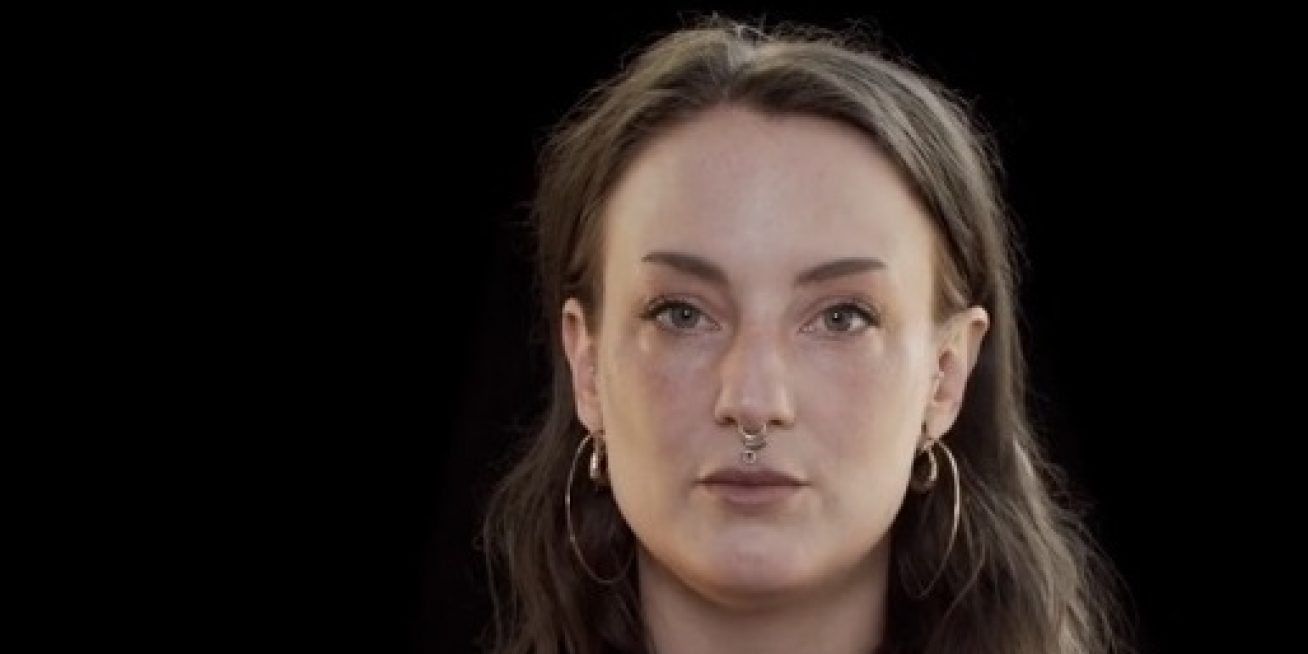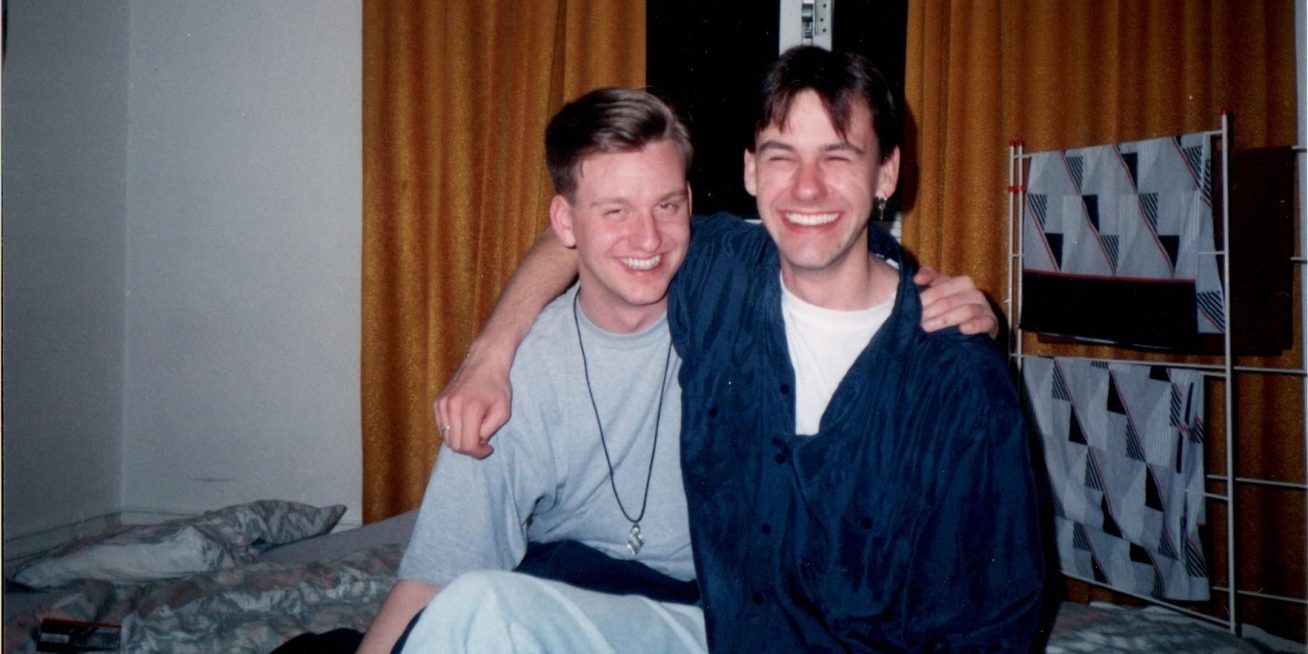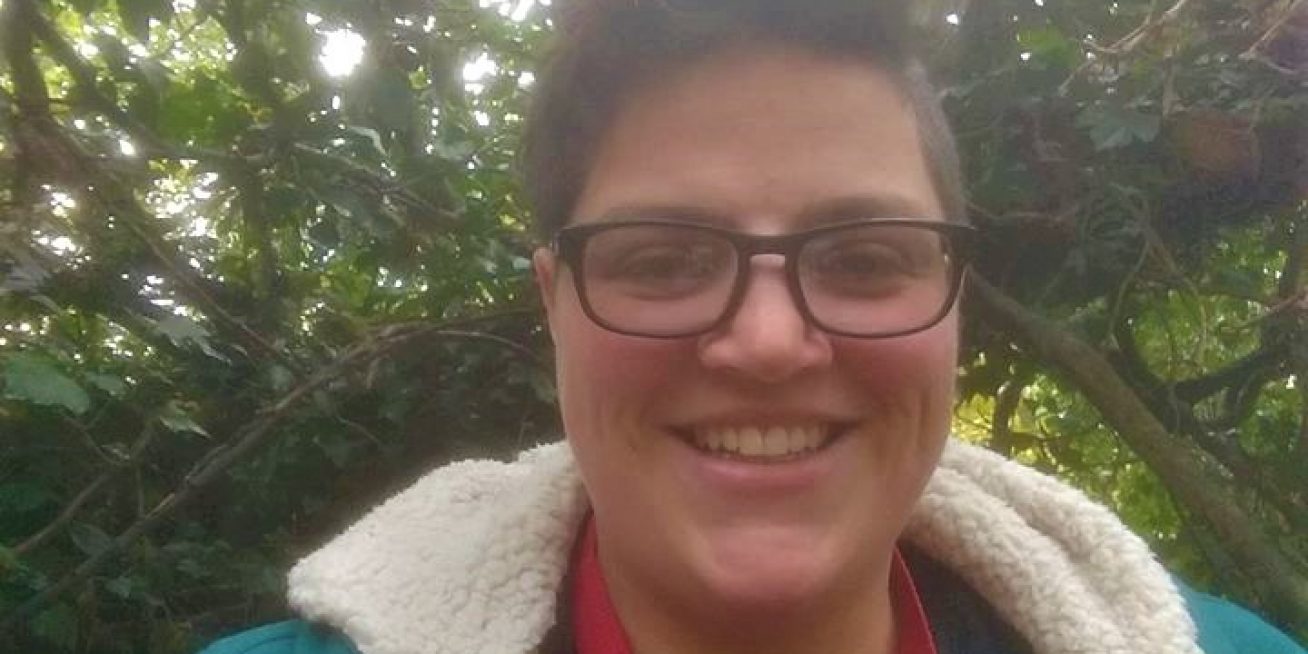The growth of TransLeeds
Pidge talks about taking over TransLeeds and reflects on how it has developed as an organisation and the support it offers to the trans community.
TRANSCRIPT
PIDGE: When I first took it over, I was like, ‘eh, this is a thing that is happening. I’ll just run it as it is and see what happens’. I’ve never had any grand ambitions about anything like that, with that sort of thing. I’ve never thought, day one, there might have been a little bit of like: ‘God, imagine if it could be more than it is now’, but there was never anything like firm, there was never any concept of like, being anything beyond this dinky little support group that people turn up to and have a chat. There were things I wanted to do. I wanted to refocus, I wanted to be a bit more political. I wanted to do some more stuff with like… becoming more… like focusing the groups a bit more, so that they were more like, y’know, ‘where do you go for support, what do you do in this context, how do you fight transphobia?’ Y’know, more like… sort of learning groups rather than discussion groups, so that people can feel emboldened and empowered. But there was never any sort of like… conceptualisation beyond, ‘yeah, this is a thing, it’s happening, cool, doing a thing’.INTERVIEWER: What was it like running the first group session that you did once you took over TransLeeds? If you can remember.
PIDGE: I don’t actually remember it! [laughs] Awfully! It must’ve been March 2016 – in fact I know it was March 2016. It was still at MESMAC then; we’ve moved twice since… It was… a lot better put together than my first ad hoc session, I remember that much. But I seem to remember a lot of it was just, I think – I think, I have a vague idea that half of it was, ‘what do you want? What do you all want? What do people want?’ But I don’t really remember, and then – did we do a social afterwards, at that point? I don’t think we did. I think it finished at eight, and then me and a group of mates just went to ‘spoons, and it was before we had this whole idea of doing a post-group social, of going to the pub afterwards. Cos it’s before I discovered Wharf [Chambers]. I didn’t know what Wharf was then. Yeah, no, I think, I think it just sorta happened.
INTERVIEWER: Can you remember how many people were there?
PIDGE: Oh God – 10? 15 maximum. It was small. Like, back then, TL was tiny, like the Facebook group had 70 people in it at that point, if I remember rightly. Like, it was dinky, back in the day.
INTERVIEWER: So, obviously since then it’s grown quite a lot. Can you, I guess, give us an overview of the two years since then?
PIDGE: Okay, so. I ended up in a relationship with someone who was also really, really committed to a lot of the ideals that I had behind TL. And he was hugely instrumental in two ways: he attracted a lot of younger, university age trans people, through just friendship networks that he had; and two, he drove what I’d argue were the first steps towards organisational administration that were applied to the group. So, we had our first sort of designation of staff roles, we had our first sort of conceptualisation of membership and recording who was attending and how many people were attending. And in those first six months, March to September 2016, probably, TransLeeds exploded. Literally exploded. We went from 10-15 people in MESMAC’s main meeting room to – by the end of the year we had 50 attending a session. And… it grew, massively, hugely: university students started attending, older people started attending, we had huge numbers walking through our door. And two things happened: one, we had to set up a second group, which was the mid-month meeting, and the mid-month meeting was run in conjunction – and still is – run in conjunction with MESMAC and it’s designed to enable better access to sexual health for trans people by creating a safe space for getting tested and stuff, and it also just gave us a second session, so it was like a release valve, so if people didn’t wanna – if people thought the main meeting was too much they could come to mid-month. It also had more of a focus on adult, on more adult topics, so like we dealt with sexual health or safe sex or sex toys and stuff like that.
The other thing that happened, I think in that period, was – oh no, two things that happened in that period; two more things happened in that period – we started having post-group socials. So instead of people just disappearing after group, we started going to the bar, and initially we went to Queens Court, and then realised that Queens Court was a nightmare – it’s just too loud. And shortly after that, I was introduced to Wharf Chambers, and I realised that this was perfect, cos Wharf is – was at the time – heavily run by queer people, trans people, with a sort of open expression of anarchism and like support for communities and grassroots activism. So I started taking the group there. And… and one night, we ended up having a lock-in, and there were about 15 of us, and there was three staff from Wharf, and about 10 or 12 members of TransLeeds. And it changed a lot, in terms of how people were feeling. Suddenly, a bunch of people from TransLeeds had a connection to this huge history of queer activism that Wharf represents, so some of the people that worked there have decades of experience of doing queer activism, when most of the people who come to TransLeeds have just found themselves and are just discovering what queer activism is. And also, the staff members at Wharf who were there – who were all trans, actually – that night, most of who don’t work there anymore, they saw this new generation and this new energy and it was really, really empowering for them to see that it wasn’t just the same old people, it wasn’t just the same old voices, that there were all these new ones coming through and there was this opportunity to connect those things together, this history and this new freshness. So that was good [laughs].
And also, in that same period – a lot happened in that first year. We moved main meeting from MESMAC to Cosmopolitan – Cosmopolitan Hotel, round the corner, offered us a… the use of a… conference room, for essential free, and we filled it. We filled it every month for the first year of use, basically. It was incredible. We had to move out of MESMAC, we had people sitting on the floor at meetings, there weren’t enough chairs, there wasn’t enough space, people couldn’t see the board, it was ridiculous – it was fantastic, but it was ridiculous.
And that was also for me a period of really intense, like, radical change in my own identity, radical change in terms of my relationships with others. Queerness and punk and those things developed massively quickly for me. And my connections with people were very, very intense. Y’know, friendships, not just relationships, though I did start new relationships during that period, but just very, very, very intense friendships. Which changed very suddenly, very rapidly, and it was – if I would call it anything it would be TransLeeds’ messy period, it was gross, it was its real birth. We had kids coming who were having psychotic breakdowns in the middle of sessions, we had people who had severe alcohol issues, we had people who would want to start fights at the bar because they didn’t know how to deal with their emotions – y’know we had all these… unhappy, broken people – me included, at that point in time. But we were giving them a place. But it gave them something to cling to. I had a number of messages from people that essentially said that if it wasn’t for TransLeeds they’d be dead. And… that’s really powerful, but it’s really hard to hear, that it’s this one thing that they’re clinging to.







